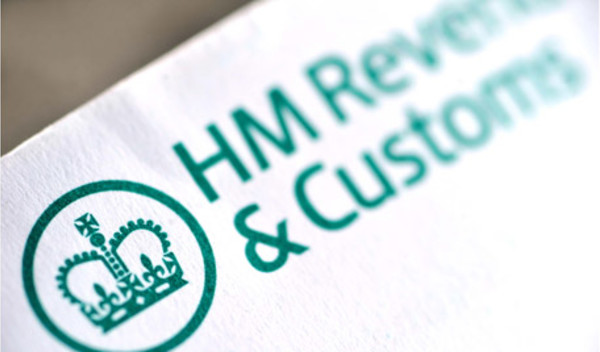

The amount of inheritance tax (IHT) Britons are paying has hit record levels, with the taxman creaming a cool £5.2bn in 2017 to 2018 off the estates of those who died, up around 92 per cent since 2010 to 2011 when HM Revenue & Customs pulled in £2.7bn.
In the intervening years, there has even been a higher number of deaths due to the harsh winters, with an extra 43,900 people having died between 2014 and 2016, according to reports.
So the fact that IHT has reached record levels for the last tax year is perhaps even more surprising.
When you also take into account the additional allowance that enables parents to pass on their property to their offspring, the fact that it has reached record levels becomes even more astounding.
By 2020 a couple will be able to pass up to £1m to their children free of IHT, as long as this figure includes the family home.
That said, the IHT nil-rate band has remained at £325,000 for nearly a decade, and that has helped to pull ever more people into the IHT net over the intervening years.
The question is, when there are so many ways you can mitigate IHT legally, why are so many of us effectively ‘choosing’ to put so much of our hard-earned lifetime wealth into the hands of the Treasury after we die?
Death and money
Part of the problem at least comes from the fact that in IHT, two of the UK’s biggest taboos collide head-on: talking about death and talking about money.
Death is an inevitable part of life, yet we are so reluctant to actually face up to this fact that we generally fail to plan how our worldly goods will be dealt with when we are gone.
For example, a survey from Which? Legal found that 61 per cent of us do not have a will – so nearly two-thirds of us have not prepared for something that is a certainty in life.
Even those who do have a will generally wait until they hit 47, on average, to put it in place, the survey found. This is proof, if any were needed, that we are reluctant to consider and plan for our ultimate demise.
Some people are faced with their mortality if they have a condition that is likely to limit their life, or an incurable disease that will hasten their end, and in these cases, there is likely to be more inclination to think about what happens after you have left this mortal coil. You are confronted by it, so avoiding it becomes less of a possibility.
So, how do we encourage people to start confronting the uncomfortable fact of their own mortality when they are not facing a clock ticking towards their end?
Well, the reality is that we all are, we just do not happen to know when that end will come. But who wants to think about that?
I am well aware this is in danger of becoming a very morose piece, but anyone feeling that emotion epitomises exactly what I am talking about.
Our natural and learned reaction is to prefer looking on the bright side, and moving towards better outcomes, not worse ones.
In which case, that gives the perfect reason for advisers to spend more time talking to their clients about their death.
Yes, it is difficult; you do not want to have someone consider their own mortality perhaps when you are also speaking to them about a mortgage, an exciting investment proposition, or helping their children get the best education they can with a strategic savings plan.
However, if you continue to avoid opening the discussion, you are doing a variety of things.
You are not helping your client as much as you might and you are not ensuring that your client’s hard work and frugal approach to life will give their loved ones the security it otherwise could.
Beneficiaries
You also prevent yourself from retaining your client’s wealth to manage after they have gone, because the greater likelihood is that their beneficiaries will have their own advisersor ideas.
Now, many people who receive an inheritance will use it to clear debts, a mortgage or spend it on a business venture.
So I understand why many advisers think trying to do any kind of estate planning with a family will have limited value.
However, this is specifically why it might be a good idea to bring the client’s kids in with your client to discuss as a family how the legacy should be planned for and used.
Will some people rail against this? Of course, since most of us are reluctant to talk openly about our finances with our spouses, let alone our children.
The thing is, if a client wants his or her family to not only benefit from their financial decisions for this generation but for those that follow, then looking at wealth from a family perspective makes much more sense.
And, if you broach it with your clients, you might just get more clients on board too. It becomes a win-win for everyone.
Alison Steed is a freelance journalist




